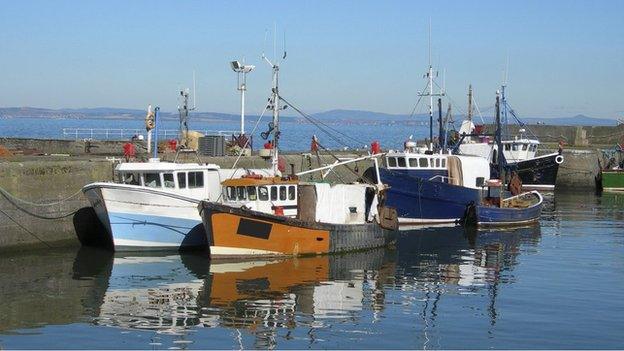Scottish fishing discards rules 'not enforced'
- Published
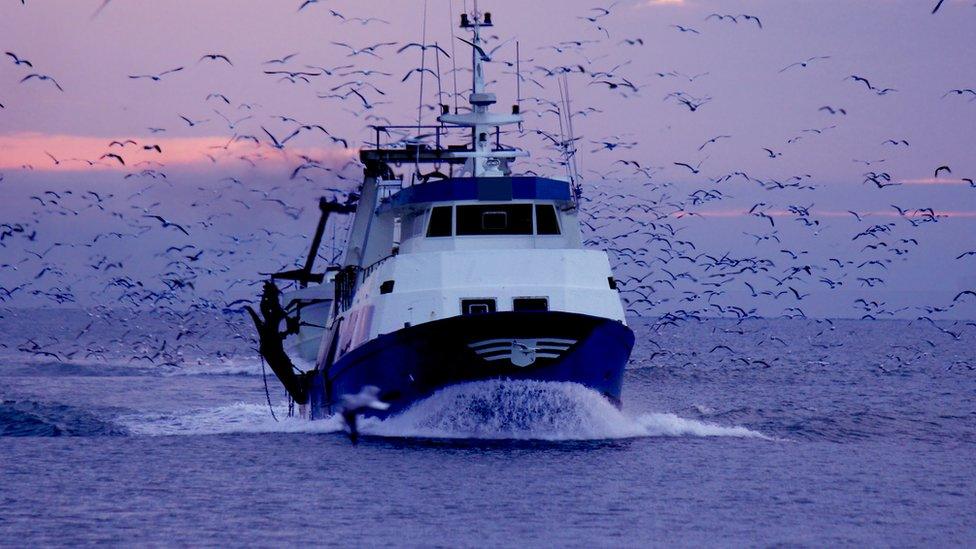
The ban on discards in the fishing industry is being undermined because it is not being effectively policed, WWF Scotland has warned.
The number of Scottish boats carrying cameras - which monitor the fish being caught - has halved since the scheme was introduced.
New species were added to the ban at the start of January.
They include North Sea cod and whiting, which can no longer be thrown back into the sea.
Fishermen have traditionally discarded unwanted fish because they carry a lower financial value but, if landed, would count against their quotas.
The environmental group says the fall in Remote Electronic Monitoring compromises stock management.
Figures from the Scottish government show there are now just 15 boats carrying cameras.
When the scheme was first introduced in 2014, there were 32.
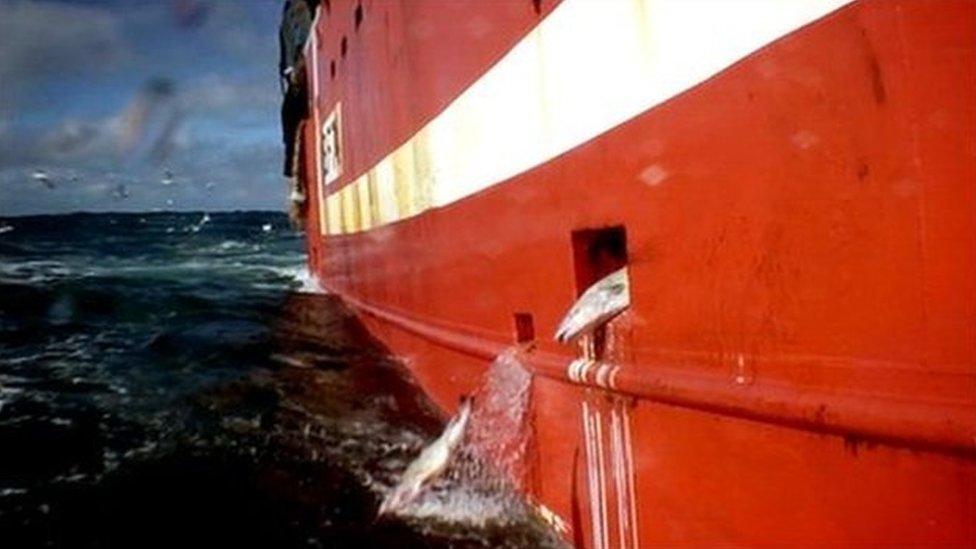
Until this year, skippers were allowed an additional quota for North Sea cod if they agreed to install the camera equipment, but that incentive has ended.
The ban on discards is covered by Landing Obligations which are being phased in over a number of years. They identify which species have to be brought ashore once they are caught.
Helen McLachlan, the fisheries governance programme manager at WWF Scotland, said: "WWF is supportive of the Landing Obligation because, if implemented, effectively it offers clear opportunities, the most obvious of which is healthier fish stocks and a more resilient, profitable industry as a result.
"However, with North Sea cod and whiting coming under the discard ban at the start of 2017, we have significant concerns about the levels of monitoring and control of the ban.
"For this policy to work we need to be confident we know what is happening at sea and how much fish is being removed. Yet, on average, it appears that less than one per cent of fishing trips are being monitored."
The fishing industry has been opposed to the "inflexible" way in which the discard ban has been implemented under the Common Fisheries Policy.
They say the regulations are the problem rather than monitoring.
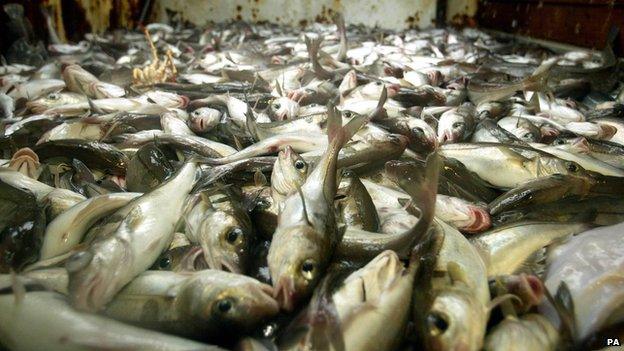
Bertie Armstron, chief executive of the Scottish Fisherermen's Federation, said: "Everybody's on the same side with reducing discards as far as physically possible. It's just a question of getting the rules right, which is a work in progress.
"Cameras, frankly, are a little sideshow and the presence or absence of them will not solve or fail to solve the problem."
Quota incentives for other species still exist under the scheme, even though the incentive for North Sea cod has ended.
By 2019, the disposal of all fish at sea will be banned.
A Scottish government spokeswoman said: "No-one wants to see dead fish being thrown back into the sea - least of all our fishermen.
"Our fleet has already made good progress to reduce the level of discarded fish in Scotland and we are working hard to ensure the ban is implemented in a pragmatic, proportionate and phased way.
"If managed sensibly, the landing obligation will be good for Scotland and help the conservation of fish stocks that offer up dependable and sustainable catches for fishermen."
- Published19 October 2015
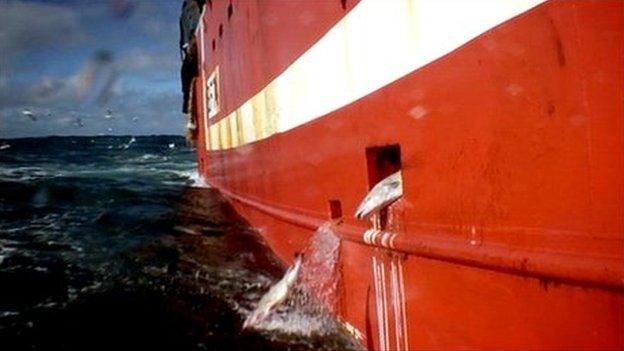
- Published18 March 2015

- Published17 December 2014
